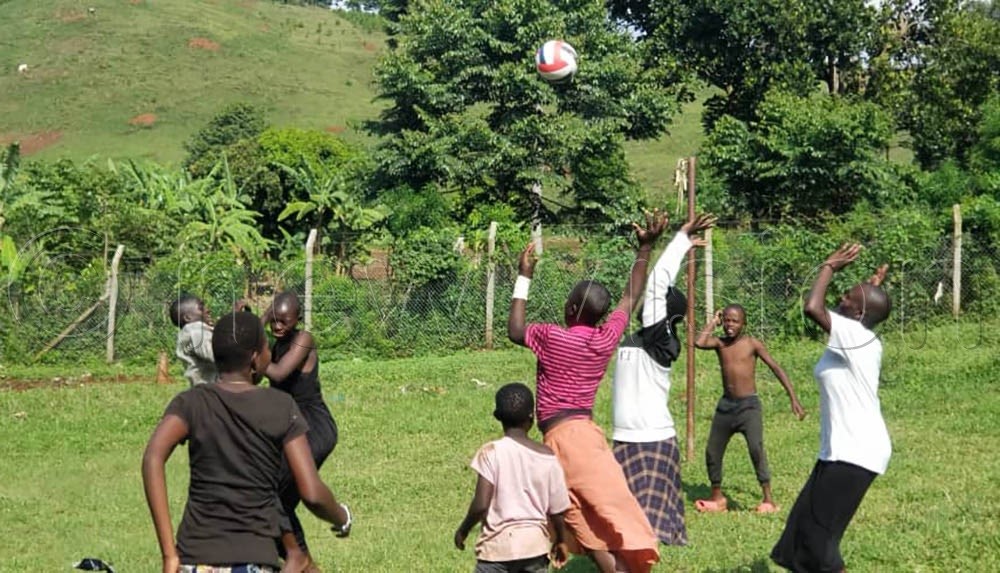This article was first published on the New Vision website on April 12, 2023
By Ritah Mukasa
JINJA – Today April 12, Uganda joins the world to mark the International Day for Street Children under the theme, ‘Keeping the Street Connected and Safe’.
This day serves to provide a voice for children who live on the streets.
In that light, several individuals, groups and organizations have taken it upon themselves to rescue these children.
Among them are teachers; Helen Bolton, Nicola Sansom and Alfred Ochaya.
For 15 years, they have been rescuing street children in Jinja district through Support and Love via Education (S.A.L.V.E) an International charity organization.
Ochaya, the director says, in 2008, the number of children living and working under appalling conditions on the streets, touched them. They decided to do something to help. They use their resources and donations from well-wishers.
They give children a halfway home before resettling them with their families.
They support underprivileged families with income-generating activities to enable them to look after their children to hinder them from going back on the streets.
They continue following up on them all while supporting them to be in school. They also provide them with medical care, food and counselling.
“We strive to reduce the number of children on the streets through free education and outreach projects,” Ochaya says.
So far, 60 children have graduated as engineers, teachers, nurses and others have been skilled in mechanics, welding and hairdressing.
Currently, 137 are in school and 99 have been rehabilitated from drugs. In addition, 622 have been resettled in their families, 529 are in halfway homes and 264 families have been supported through the livelihood programs.
Meanwhile, children are free to return to their halfway homes in case they are mistreated at home or while they attend learning camps.
“While resettling the kids, we find out from relatives and local leaders why they escaped from home and we plan on how best to help them,” he says.
“We also run the drug rehabilitation programme where drug addicts are transformed into drug educators,” he adds.

